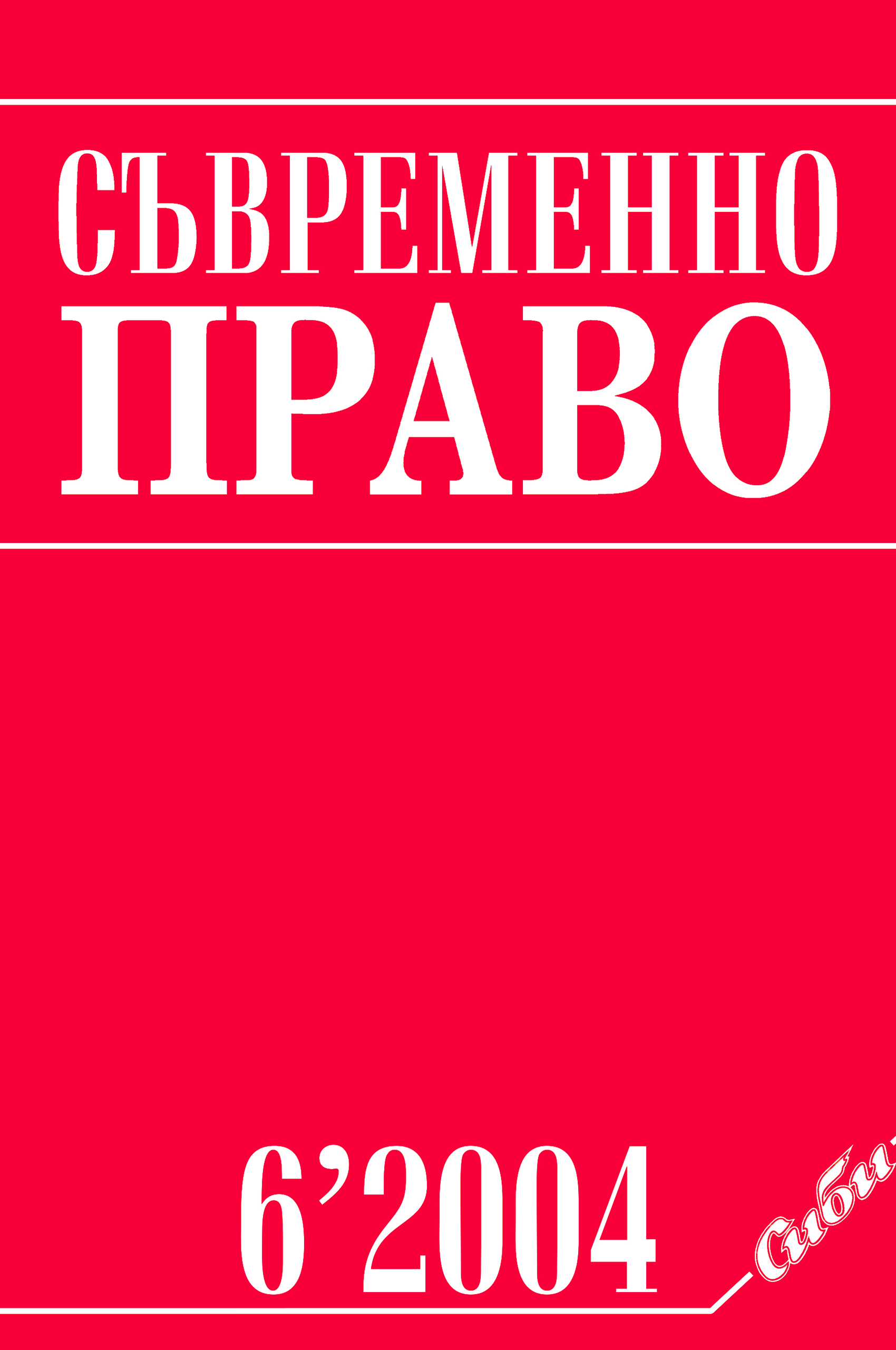Регулация и саморегулация на медиите
Media Regulation and Self-regulation
Author(s): Raina NikolovaSubject(s): Law, Constitution, Jurisprudence, Administrative Law
Published by: Софийски университет »Св. Климент Охридски«
Summary/Abstract: The legal theory defines media policy as a system of legal rules, used by the state to reinforce certain regulatory models the media players should comply with. The regulatory mechanisms are the media law, the establishment of public media, the creation of a monitoring authority with administrative powers. The most common characteristic of the media policy is its independence, which may take three forms: independence of the regulatory authority, independence of the broadcasters and journalistic independence. The legal term ‘self-regulation of the media’ has two meanings. In broader terms, self-regulation includes all public factors, which may influence the creation of the civil structures, defending the public interest and the individual personal rights. The other meaning of the term ‘self-regulation’ can be described as a system of moral principles and professional standards, which are the bases for the ethical rules of the media and the journalists, voluntarily accepted by them on the principle of equality. The structures of the media self-regulation are the professional organizations of the journalists, the journalists’ codes of conduct, the journalist education and publications, groups for public pressure and control over the media, the ombudsman.
Journal: Съвременно право
- Issue Year: 2004
- Issue No: 6
- Page Range: 7-22
- Page Count: 16
- Language: Bulgarian
- Content File-PDF

